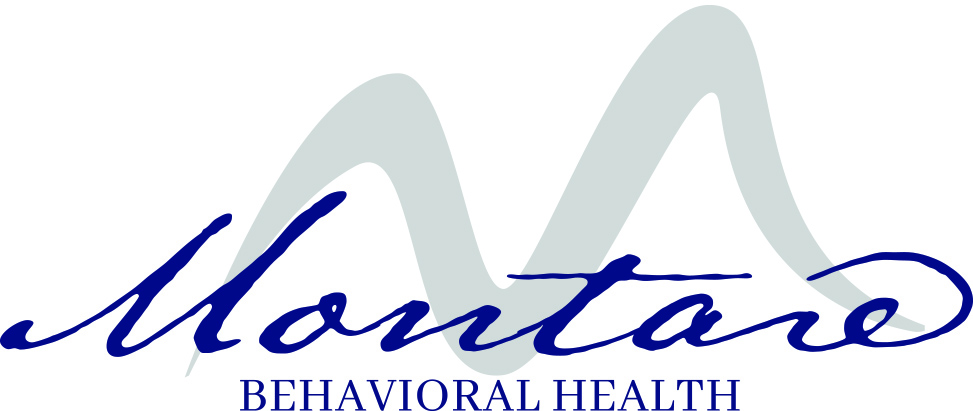Untreated anxiety disorders and phobias can make it extremely difficult for people to take part in common activities or even engage in basic behaviors. Such is the case with swallowing anxiety, which can hamper an individual’s ability to eat and drink. Thankfully, when a person receives proper professional care, they can ease their emotional distress and learn how to overcome swallowing anxiety.
What is Swallowing Anxiety?
Before we explore how to overcome swallowing anxiety, let’s take a moment to review what this disorder is and how it can impact people.
As its name indicates, swallowing anxiety involves disproportionate concern or worry about swallowing food or liquids. People who have swallowing anxiety may have an overwhelming fear that they will choke when they are attempting to eat or drink.
Healthcare professionals may use the terms phagophobia or esophageal hypervigilance when discussing swallowing anxiety. It is also sometimes referred to as a form of symptom-specific anxiety.
In many cases, swallowing anxiety is related to a medical concern. For example, as detailed in a July 2021 article on the website of Northwestern University’s Feinberg School of Medicine, swallowing anxiety may result from a condition called eosinophilic esophagitis (EOE). People who have EOE can have difficulty breathing and swallowing due to a buildup of white blood cells, which causes narrowing and inflammation in the esophagus.
An intense focus on EOE symptoms can lead to greater suffering and diminished well-being among people who have this disorder. A study that was referenced in the July 2021 article found the following:
- 46% of people with EOE told researchers that they experienced periods of hypervigilance or symptom-specific anxiety.
- Increased swallowing anxiety was correlated with speaking deficits and lower quality of life.
- Cognitive-behavioral therapy (CBT) appears to be a promising therapeutic approach for people who have swallowing anxiety that is associated with EOE.
Other possible causes of swallowing anxiety include previous experiences of choking on food, watching someone else choke or have difficulty swallowing, or undergoing a medical procedure on the throat or esophagus. Swallowing anxiety may also be a symptom of generalized anxiety disorder (GAD), specific phobia, an eating disorder, or another mental health concern.
Signs & Symptoms
Swallowing anxiety can affect different people in different ways. In general, though, the following are among the more common signs and symptoms of this condition:
- Pervasive fear of choking on food or water
- Excessive focus on the process of swallowing
- Worry that you will forget how to swallow
- Cutting food into extremely small pieces
- Sensation of pain when swallowing
- Restricting your diet to foods that you perceive to be “safe”
- Eating only when others are present so they can provide or summon help if needed
- Persistent feeling that something is stuck in your throat
- Refusing to eat or drink in the presence of others
- Onset of panic symptoms when eating and drinking
- Muscle tension
- Elevated heart rate and rapid breathing
- Heavy perspiration
- Unintentional weight loss
Someone who experiences symptoms such as the ones listed above should consult with their doctor or contact an appropriate treatment center. Without proper care, a person may continue to experience significant distress related to this common and important function. But when they get the professional help they need, people can learn how to overcome swallowing anxiety.
Is Swallowing Anxiety Dangerous?
Swallowing anxiety can be dangerous for many reasons, such as:
- Promoting poor eating habits and malnutrition
- Prompting unhealthy weight loss
- Causing people to withdraw from others or feel isolated
- Complicating a person’s ability to receive appropriate medical or psychological care
- Elevating a person’s risk for developing a co-occurring mental health concern
- Undermining a person’s self-confidence and self-esteem
- Adding stress to a person’s life
How to Overcome Swallowing Anxiety
To determine how to overcome swallowing anxiety, you need to complete a thorough assessment with a qualified healthcare provider. Before you can receive care, it’s important for your treatment team to identify the underlying causes that may have prompted you to struggle with this disorder.
If your swallowing anxiety is related to a physical condition, medical care may need to be incorporated into your treatment plan. Depending on what type of condition has impacted your ability to swallow, you may need to take medication or undergo a procedure. Addressing any physical issues related to swallowing can have the added effect of reducing your anxiety.
In addition to receiving medical attention, you can also benefit from therapy to help you manage your anxiety, calm your mind, and overcome swallowing-related fear or dread. As we noted earlier on this page, cognitive-behavioral therapy (CBT) can be a valuable component of treatment for swallowing anxiety.
CBT is a solution-focused form of therapy. It is based on the belief that negative beliefs, thought patterns, and behaviors contribute to psychological distress. To remedy emotional suffering, people need to replace these self-defeating characteristics with healthier and more productive ways of thinking, acting, and viewing the world around them.
During CBT sessions, patients address specific problems they have been experiencing, and they work with a trained professional to identify the changes they need to make in order to overcome these challenges. In the case of swallowing anxiety, CBT can help people eliminate unrealistic fears, improve their relationship with food, and adopt a more positive perspective on eating.
Contact Montare at the Valley About Treating Anxiety
Montare at the Valley is a premier source of life-affirming care for adults who have been struggling with swallowing anxiety and other mental health concerns. At our treatment center in southern California, a team of experienced and compassionate professionals can teach you how to overcome swallowing anxiety and address any other mental health concerns that have been negatively impacting your life. To learn more about our programs and services, or to schedule a free assessment, please visit our Contact Us page or call us today.


Recent Comments